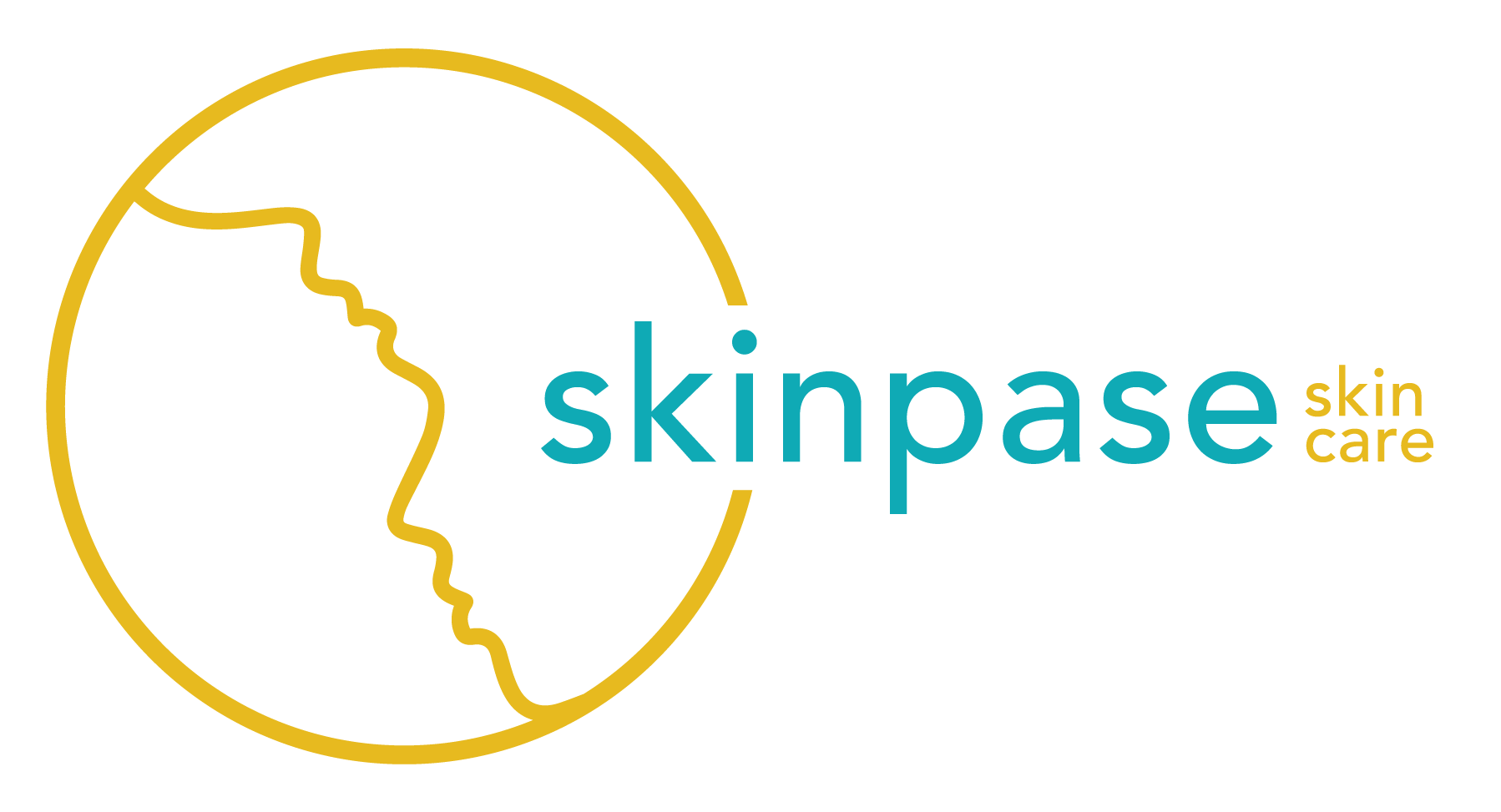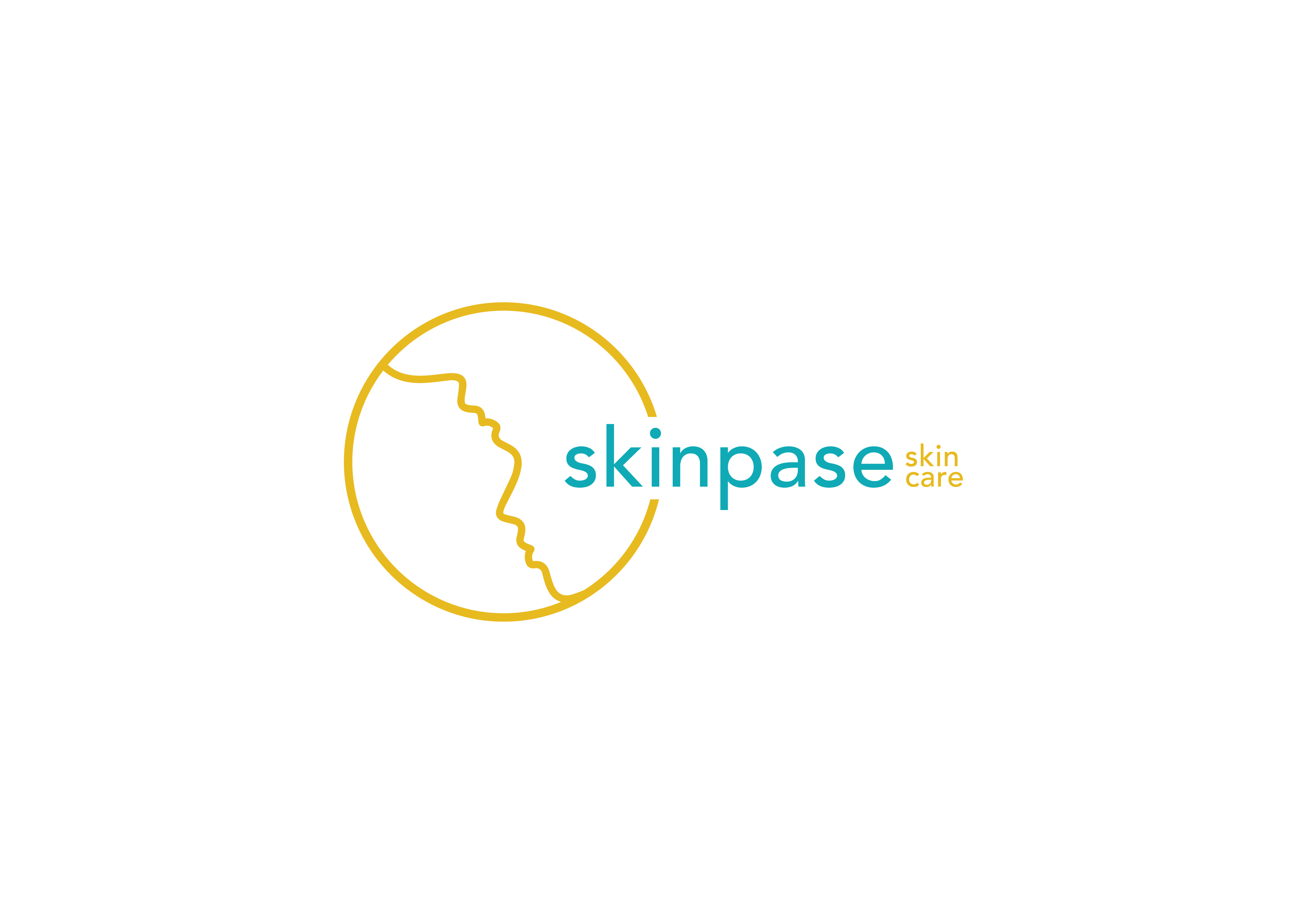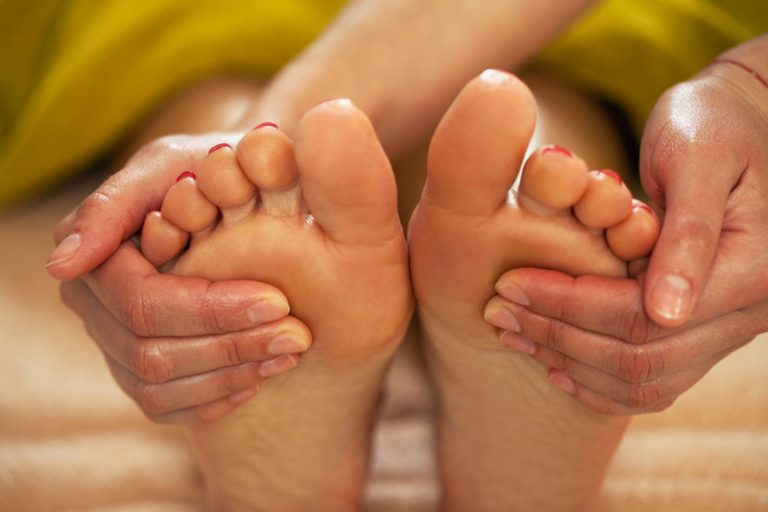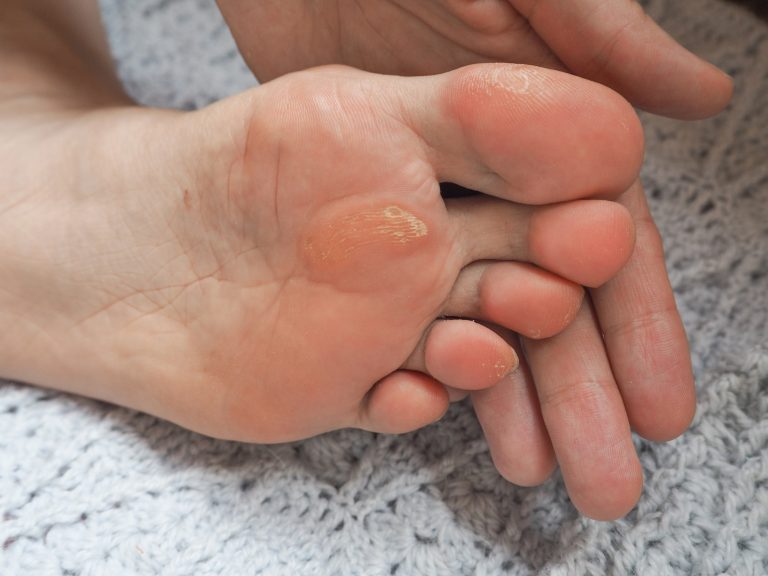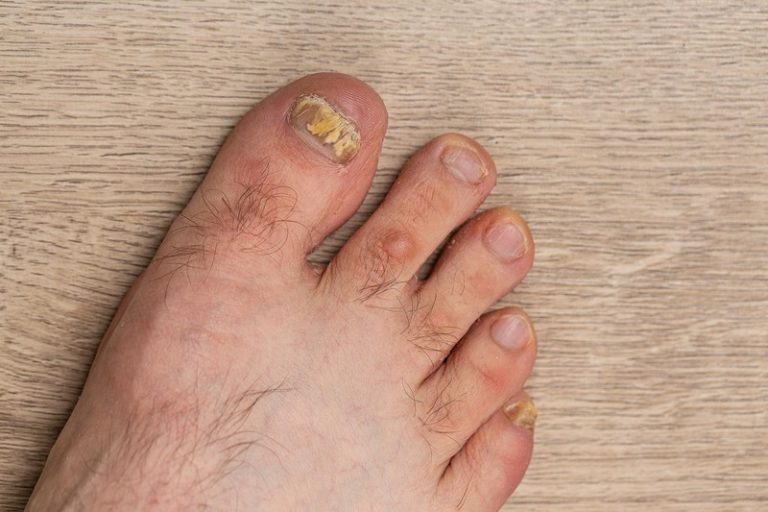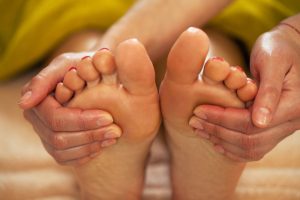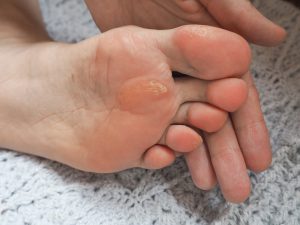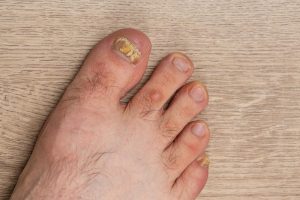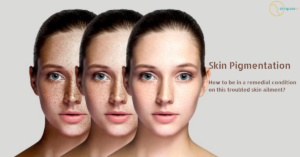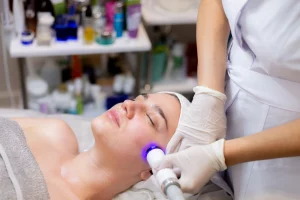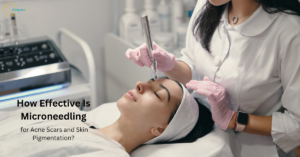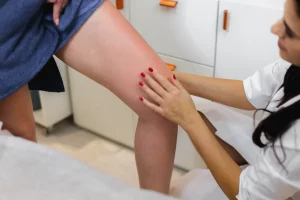Treatment of Corns at Skinpase Clinic
What are Corns?
These are layers of dead skin that have hardened as a result of constant pressure and friction on the skin. The corn grows larger and thicker as it penetrates deeper layers of skin, frequently causing pain and distress. They usually show up on parts of your skin that bear weight, such as the bottoms of your feet. These corns are typically referred to as hard corns since the skin has adjusted and the uncomfortable “core” of the corn has hardened.
Additionally, corns can build on the foot’s non-weight-bearing surfaces, particularly in the space between “squished” toes. This is termed as Soft corn. These corn on toes have a white or greyish colour and are frequently softer and thinner in texture. These develop when the skin’s surface is unable to adequately dry and can get damp, which is frequently due to perspiration.
Signs and Symptoms
A corn may be present if you notice any of the following signs:
- The thicker skin is frequently more sturdy than the skin around it.
- The area could appear as a faintly yellow discoloration.
- If you feel any pain or discomfort in the region
- If it seems as though you are moving or standing on a rock or another perplexing object
- The corn between your toes could either be soft and white or firm and yellow.
What Causes the Corns?
When constant pressure and friction are applied to the skin of the foot, the skin’s protective response is to thicken, which leads to the development of corns and calluses. Possible causes of this pressure or friction include:
-
Poorly fitting shoes This can include shoes that are too small and narrow, rubbing against the feet, or shoes that are too wide or loose, allowing your foot to slide against the shoe repeatedly. - Severe pronation of the foot, which puts pressure across the front of your feet and toes when you walk by making your arch collapse inward to a great extent.
- High arched feet may face too much pressure on their outsides.
- Joints with limited range of motion and mobility
- Standing still for extended periods of time
- Rheumatoid arthritis, Tailor's bunions, and other conditions where bones are positioned closer to the skin's surface (bony prominences) may result in greater rubbing and friction.
- Particular walking and running styles, such as flat feet, may put additional stress on a particular portion of the foot.
- Your feet's structure can be affected by previous trauma or surgery, which could imply that excessive pressure is put on foot regions
- Dry skin
Treatment Plan
We advise against attempting to remove the corn on toes and other parts by your own because you risk damaging the nearby healthy tissue or blood vessels, which could cause discomfort, infection, and scarring. Our course of corn treatment involves surgery, where the process is carried out following the injection of an anaesthetic solution to the lesion for quick and painless removal. Our dermatology clinic will give proper treatment options for the removal of corns.
Frequently Asked Questions
Are skin corns curable?
Skin corns can be treated and managed but they may not be completely curable. You can alleviate the pain and discomfort with proper treatment and management. You can also prevent them from getting worse or recurring. Treatment options may include self-care measures like soaking the affected area using a pumice stone to remove dead skin etc. In more severe cases, a dermatologist may recommend prescription of strength medications or procedures such as surgical removal of the corn.
Can I prevent corns from forming on my toes?
Yes, you can take steps to prevent corns from forming on your toes. This includes wearing properly fitting shoes, avoiding high heels or shoes with tight toe boxes, and wearing socks to absorb moisture and reduce friction.
Should I see a doctor for corns on my toes?
If your corns are causing significant pain or discomfort, it’s best to see a dermatologist for getting treatment options.
Are corns on toes contagious?
No, corns on toes are not contagious. They are a result of pressure and friction on the skin, and are not caused by a virus or bacteria.
Latest Blogs
Updated Blogs & News
In recent years, cosmetic dermatology has undergone a remarkable transformation, introducing a plethora of cutting-edge treatments.They have altered our approach...
Our skin is the largest organ on our body and it’s the first thing people notice of our health or...
Looking to achieve a more youthful and Healthy Skin? If yes, you should strongly consider Laser skin resurfacing. By eliminating...
Introduction The quest for perfect, radiant skin is an aspiration shared by many individuals round the world. Skin pigmentation problems...
The sun is a powerful force that can be both beneficial and dangerous to our health. Sunlight is...
Thread veins and varicose veins are two types of veins that can cause discomfort and embarrassment. Thread veins...

